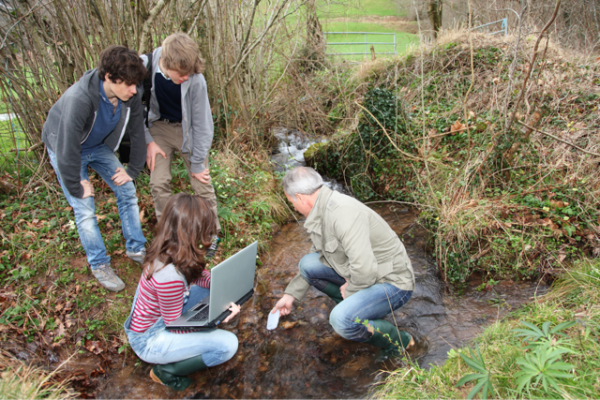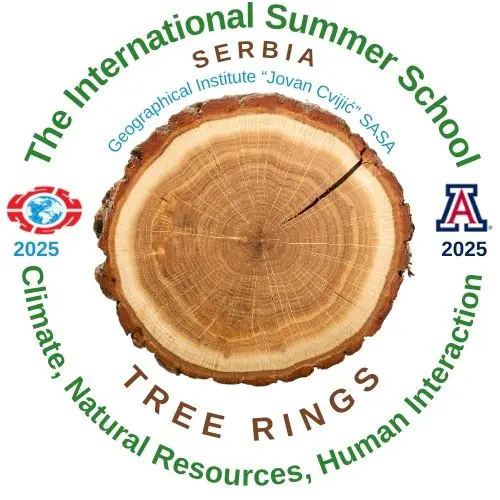
Utrecht, Netherlands
Geometry
When:
11 August - 22 August 2025
Credits:
3 EC
Read more
Geo Sciences
When:
29 August - 02 September 2016
School:
Geoverbund ABC/J Summer School
Institution:
Forschungszentrum Jülich
City:
Country:
Language:
English
Credits:
0 EC

The course objectives are to familiarize the participants with new algorithms that have been developed to estimate model parameters from experimental data using inverse modelling. Evenly important is the estimation of the uncertainty of the estimated parameters. In inverse modelling, parameters are estimated by minimizing an objective function that quantifies the difference between the model predictions and the observations or measurements. The models that are used in earth and environmental sciences generally predict non-linear and coupled processes. The non-linearity of the models makes that the objective function may be characterised by multiple local optima. Therefore, global optimisation algorithms that search the parameter space in an efficient way are required to find a global optimum. Often, measurements of different state variables, fluxes and indirect information about the model parameters are available. In order to reconcile these different information sources with model predictions, a multi-objective optimization procedure is required. Data are afflicted with uncertainty and contaminated by ‘errors’ and a process model is always a simplified representation of reality. This uncertainty and simplification are propagated in an uncertainty of the estimated model parameters and the model predictions.
In this course, algorithms for efficient sampling of the parameter space, treating multi-objective optimisation problems, and estimating parameter and model prediction uncertainty in the presence of model error will be presented and applied in practical exercises.
Jasper Vrugt, University of California, Irvine Sander Huisman, Forschungszentrum Jüich
The course targets researchers and students in earth and environmental sciences that want to interpret experimental data using process models. Prior to the course, a set of papers and reading material developing the theory behind the algorithms that will be covered in the course will be made available.
Introduction to inverse modelling
Classical single objective optimization and linearized parameter uncertainty estimation
Global search algorithms
Multi-objective optimization
Parameter uncertainty using Markov Chain Monte Carlo simulation
Data assimilation using joint parameter and state estimation
Working towards your own inverse modelling application
When:
29 August - 02 September 2016
School:
Geoverbund ABC/J Summer School
Institution:
Forschungszentrum Jülich
Language:
English
Credits:
0 EC

Utrecht, Netherlands
When:
11 August - 22 August 2025
Credits:
3 EC
Read more

Belgrade, Serbia
When:
10 August - 25 August 2025
Credits:
0 EC
Read more

Wageningen, Netherlands
When:
14 July - 24 July 2025
Credits:
0 EC
Read more